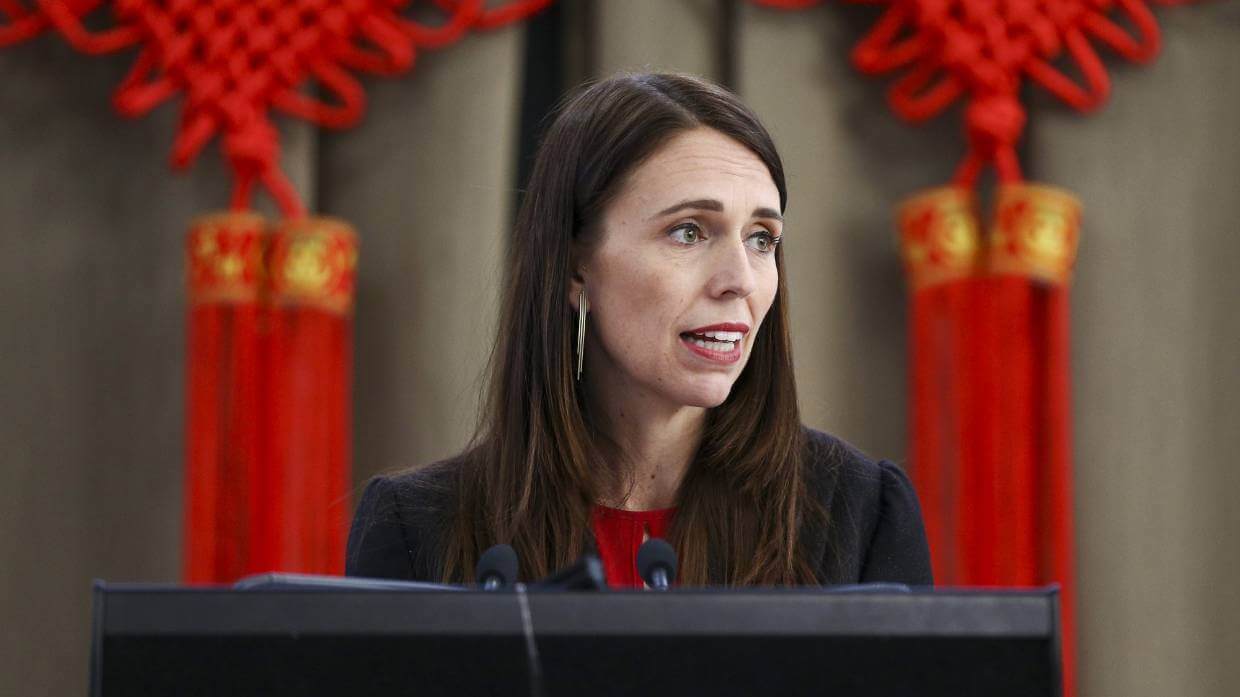New Zealand Prime Minister Jacinda Ardern took a firm stand against China at the NZ-China Business Summit in Auckland on Monday, when she said that New Zealand refuses to hold a “master-servant relationship” with the Asian giant. In fact, to drive her point home, she criticized the Chinese government’s treatment of Uighur Muslims in the Xinjiang province, its newly unveiled national security law in Hong Kong, and its unwillingness to allow Taiwan to join the World Health Organization (WHO).
In an effort to engage in some damage limitation, she stressed that while the two countries “take different perspectives on some issues”, their economic relationship remains in “good shape”. In fact, New Zealand is the only country among the Five Eyes—an intelligence alliance comprised of Australia, Canada, New Zealand, the United Kingdom, and the United States—that has yet to ban the use of Huawei equipment in its 5G network. New Zealand has also indicated its interest in China joining the Comprehensive and Progressive Agreement for Trans-Pacific Partnership (CPTPP), while China is pushing for the signing of the rival Regional Comprehensive Economic Partnership (RCEP) “as soon as possible”.
China’s ambassador to New Zealand, Wu Xi, who was also present at the summit, warned New Zealand against weighing in on “China’s internal affairs”, and urged “respect” for and “non-interference” on “issues [of] sovereignty and territorial integrity”. In fact, in a rather ominous tone, she said, “We should not take our relationship for granted.” She added, “Pursuing a zero sum game and portraying others as enemies will lead nowhere and will only harm common interests. No matter how the international situation may evolve, China will remain committed to a path of peaceful development.” Thus, she said that “the future lies in cooperation rather than confrontation”.
At the same time, Wu also sought to allay fears about the new national security law, claiming that it is “designed to hold accountable a very small number of criminals who put national security in serious jeopardy” and that it does not threaten or impact Hong Kong’s autonomy and ‘judicial independence’.
Earlier this month, after a meeting with the Five Eyes, New Zealand’s Foreign Affairs Minister, Winston Peters, said that the country would be reviewing its relationship with Hong Kong after China passed the new national security legislation.
At the summit, Ardern stressed upon the fact that New Zealand has a vested interest in ensuring that the autonomy of Hong Kong is protected, given that there are thousands of New Zealanders “living in, or with close ties to, Hong Kong”. Thus, while the New Zealand PM is taking a “principles-based approach” to the nation’s foreign policy, she is equally seeking to protect the interests of New Zealand and its citizens.
New Zealand PM Ardern Takes Aim at China at NZ-China Business Summit
She spoke about Uighur Muslims, Hong Kong, and Taiwan.
July 21, 2020

IMAGE SOURCE: HAGEN HOPKINS / GETTY IMAGESNew Zealand PM Jacinda Ardern
